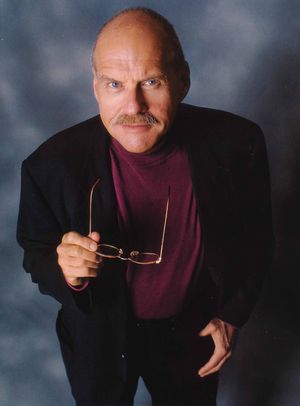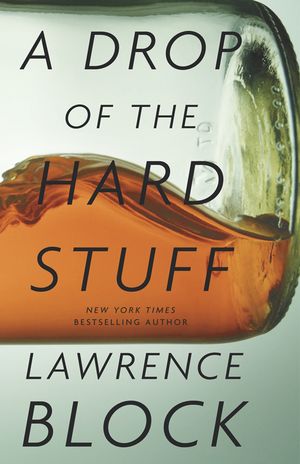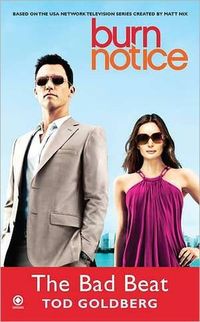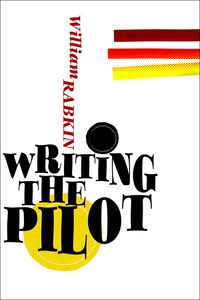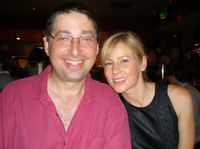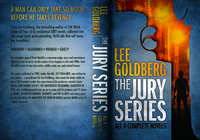For the last few weeks, author Jonathan Maberry has been running a terrific series of lengthy, detailed interviews with Scribe nominated tie-in writers on his Big Scary Blog about the nuts-and-bolts of their craft. This week he focuses on the authors nominated for "Best Speculative Original." Here's an excerpt:
BIG SCARY BLOG: Talk about your process for creating a media tie-in book.
MATT FORBECK: If I’m not already familiar with the basis of the book, I immerse myself in it as best I can and become a fan of it too. As I do that, I look for story hooks, little “what about that?” or “wouldn’t that be cool?” bits. Those become the seeds of the novel. Once I have that, I write up an outline, get it approved, and dig in for real.
JEFF GRUBB: I think all media projects have a core ethos, an underlying truth about them. The original creators of the project may not know what it is, and in fact it may evolve over time. One of the goals I have when working on a media tie-in book is to dig down and find that piece, find that core ethos, and remain true to it in the story. Guild Wars 2 is very much about people coming together to fight a greater threat – that is one of Dougal Keane’s major conflicts in the book.
DAVID MACK: It’s a lot like most other writers’ processes, I imagine. Either I solicit an editor for a shot at writing for a particular license, or they approach me. Either way, if it’s a property I know well, I might already have ideas ready to pitch and develop. If it’s one that I’m curious about but don’t know intimately, I’ll dig in and immerse myself in it until I start to get a feel for its big picture, its characters and its broader storytelling arcs.
Next, I’ll try to find a story that interests me and seems to offer some new angle that neither the show nor its existing tie-in titles have explored. In some cases, such as a tie-in line that’s been running for a while, an editor might ask me to craft a story specifically to advance a part of an ongoing narrative.
Then I write a proposal, just a few pages, to see if my general idea is what the editor is looking for. Once we settle on an idea, I prepare a much longer and more detailed full outline that can be presented to the license-holder for approval. Once we get the green-light, I go to work on the manuscript.
To stay in the right mindset while working on a given franchise, I’ll try to listen to music soundtracks from it (if they’re available), and have DVDs ready for reference and quick refreshers on characters’ speech patterns, etc. Online references are also often invaluable tools, especially for a series that is still in production while one is working on it. Thank Heaven for the invention of wiki reference sites!
SEAN WILLIAMS: Well, firstly, I have to make sure I know the property sufficiently well to do it justice. With Star Wars or Doctor Who, say, that would be easy: I’ve been a fan of them for decades. Depending on the kind of project, the next step would be to get right down into the details of the story and character, since they’re the aspect of the tie-in most important to get right, at least in the early stages. This is always accomplished in collaboration with editors and other stakeholders in the project–the people who own the property, basically. I’m not just telling a story for me: in a real way I’m just channelling something for someone else. But that is a fun process, and a challenge, one I take very seriously. There are snafus sometimes, without a doubt, but whether I have one month or one year to write a tie-in, I give it the same energy and consideration I would give one of my own books. To do anything less would be to cheat everyone involved.
The entire series of interviews is well worth your time, regardless of whether you are into tie-ins. There's a lot of great insights into the craft and business of writing books shared by the authors, all of whom are experienced, hard-working pros.

